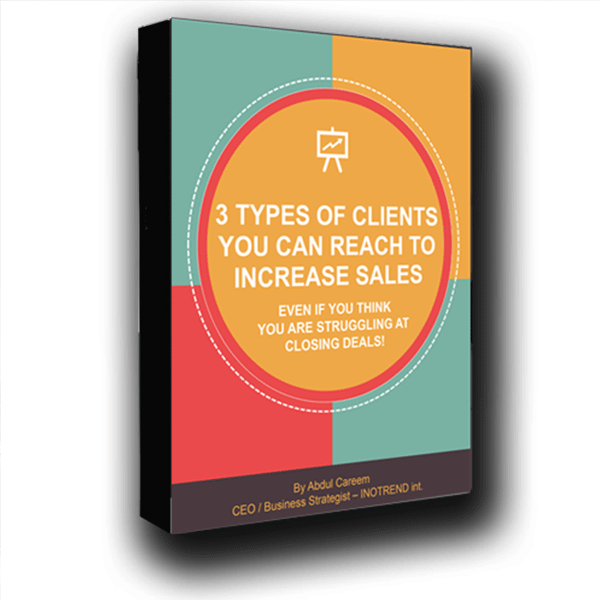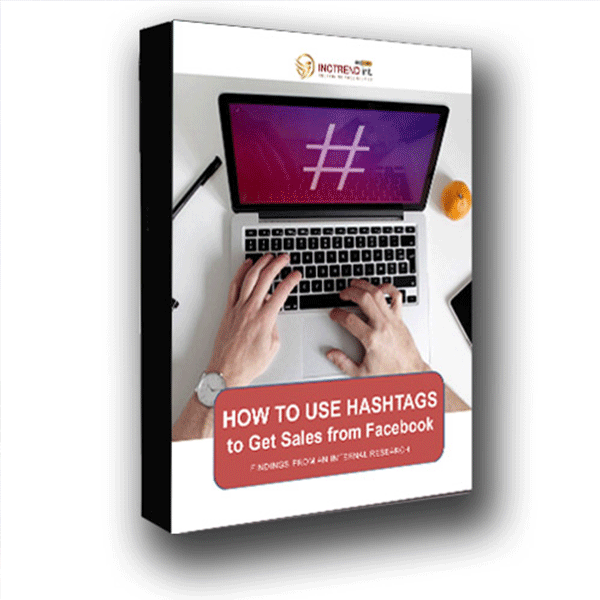
The big thing to remember about a sellable business is that if it's not valuable to you, it won't likely be valuable to someone else either
Making your business sellable means that it is a good business model. Whether you want to sell it or not is secondary and there could be unexpected situations where selling a business may be worth considering. Therefore building a sellable business is always a good decision if you are planing to continue with it or selling it out.
Do you realize that only 20% to 25% of small businesses ever sell? Is your business amongst the 75 to 80% that will not be successfully sold? Statistically, the odds are against you – between 3:1 and 4:1 that you will be unable to successfully sell your business! Have we got your attention? Are you counting on the sale of your business for your retirement funds? Is monetizing the sweat equity you’ve expended in developing and running your business important to you? If so, you need to make sure your business is sellable.
Why aren’t businesses sellable?
The number one reason businesses are not sellable is that business owners fail to plan for the sale of their business. Selling a business is not like selling a house. Eventually, almost all houses sell, but as previously stated, only 20% to 25% of small businesses ever sell. There are many obstacles to a successful business sale, so it takes a lot of forward planning to:
1) identify the obstacles faced by business owners; and
2) overcome or minimize the effect of the obstacles.
Small businesses are valued based on seller’s discretionary earnings (SDE). When asked, the "typical" business buyer almost always responds they want to buy a business that will enable them to earn seven figures or more. There’s significant demand for businesses with higher value SDE and it’s much easier for buyers to obtain financing (for many reasons) at that level of SDE. If the SDE of your business is less, the odds of having a salable business are significantly reduced.
Buyers are primarily interested in businesses whose success is not dependent on the owner’s day-to-day involvement and relationships. A sellable business almost always has second-level management that can run the business in the owner’s absence. If you are concerned that your business may not operate efficiently while you are away on a two-week vacation, you may not have a salable business.
Customer concentration is another common obstacle. If you have a single customer who represents more than 10% of your revenues (or profitability), you may have a customer concentration issue. If a single customer comprises 20 to 25% of your business, you definitely have a customer concentration issue that might make the business unsalable. There is a significant risk for buyers and their lenders if the loss of a single customer can devastate the stability of a company.
To be considered a salable business, owners must have realistic expectations as to the value of their business. Far too many business owners put their company on the market with unrealistic expectations. Buyers, especially with guidance from their professional advisors, seldom, if ever, overpay to acquire a business. It’s imperative to know the realistic value of your business and price it accordingly. Serious buyers won’t waste time on businesses they know are over-priced.
If your business has a poor accounting system that produces meaningless financial statements, it’s a huge obstacle to a successful sale. Buyers are interested in businesses that engender confidence. Inadequate financial records create uncertainty and doubt. Once skepticism and distrust arise in a buyer’s mind, a successful sale transaction is highly unlikely.
Obstacles, obstacles, and more obstacles
We’ve only covered a few Obstacles to a Successful Business Sale. To be sure your business is sellable, your goal should be to identify the obstacles you face and begin to develop a business exit plan.
Planning to sell or not, You should always build a sellable business
The Author

Abdul Careem (B.Sc, M.Sc)
CEO / Business Consultant
Inotrend International



Leave A Comment